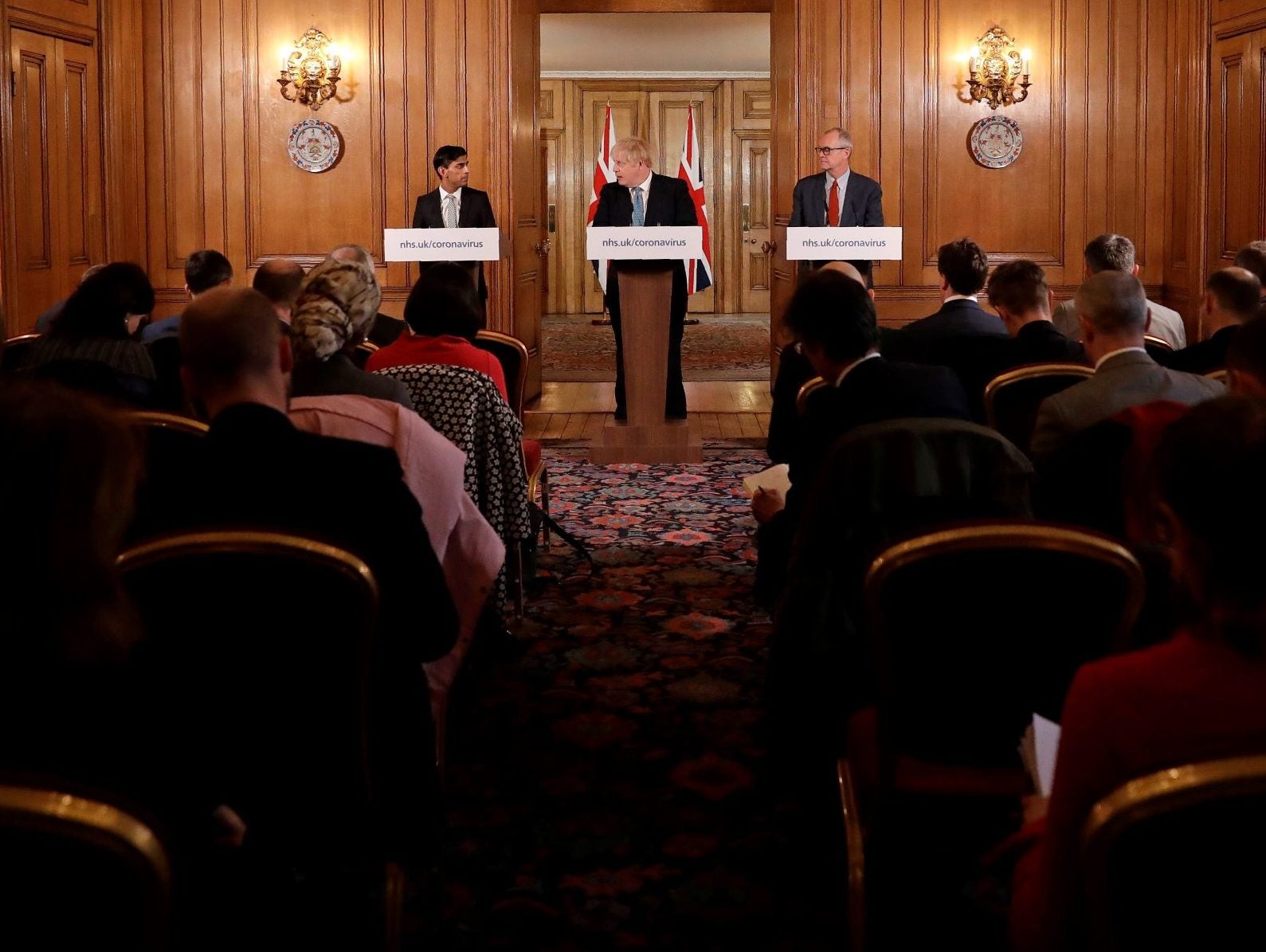
Journalists are the least trusted source for coronavirus updates, even though a majority of people rely on major news organisations for information about the virus, according to a new survey.
Edelman’s Trust Barometer has put out a special report on trust and the coronavirus after surveying 1,000 people each in the UK, US, Brazil, Canada, France, Germany, Italy, Japan, South Africa and South Korea about who they trust and where they are getting their information from.
Just 43 per cent of the 10,000 people surveyed between 6 and 10 March said they trust journalists to tell the truth about Covid-19, making them the least trusted source behind the “most-affected countries” (46 per cent) and Government officials (48 per cent).
The most trusted sources are scientists (83 per cent) and people’s own doctors (82 per cent).
But 64 per cent of those surveyed globally counted the news media as one of the places they are getting most of their information, higher than any other source.
Only in South Africa and Brazil was social media used more often than news media.
In the UK, 67 per cent said they used news media as a source, with just 22 per cent using social media for their coronavirus information.
But young adults are much more likely to turn to social media. Globally, 56 per cent of 18 to 34-year-olds said they go to major news organisations for information, while 54 per cent go to social media.
The media is also second least trusted to respond effectively and responsibly to the outbreak, with 46 per cent saying they trust it to do so.
The only authorities trusted less in their response were the governments of other countries, on 42 per cent. The most trusted to respond well were hospitals and doctors (85 per cent) and national health authorities (78 per cent).
Globally, seven in ten people are following coronavirus-related news at least once a day.
Italy, the hardest-hit nation outside China by the pandemic, leads the pack with 93 per cent of people following the news every day. In the UK, it is 65 per cent.
Three-quarters (74 per cent) of the 10,000 respondents said they worry there is “a lot of fake news and false information” being spread about coronavirus.
Almost half (45 per cent) said they had found it difficult to find “reliable and trustworthy information” about the disease and its effects, while 85 per cent said they wanted to hear more from scientists and less from politicians.
Read all Press Gazette’s coverage of the coronavirus pandemic and the news industry here
Picture: Matt Dunham/Pool via Reuters
Email pged@pressgazette.co.uk to point out mistakes, provide story tips or send in a letter for publication on our "Letters Page" blog
